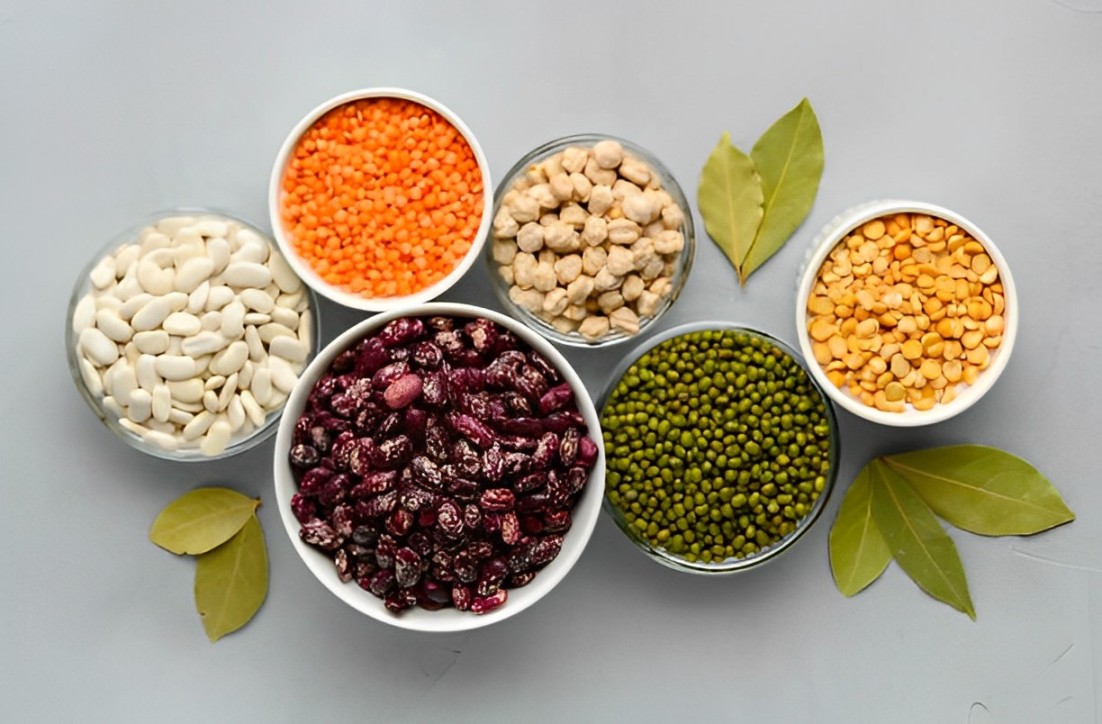Discover a plethora of plant-powered protein sources at WellHealthOrganic.com. From savory seitan to versatile tofu and nutrient-rich lentils, explore the diverse array of vegetarian protein options to support your health and well-being.I
Introduction
In today’s health-conscious world, more and more people are opting for plant-based diets, whether it’s for ethical, environmental, or health reasons. If you’re on the journey of embracing a vegetarian lifestyle or simply looking to incorporate more plant-based protein into your diet, you’ve come to the right place. At WellHealthOrganic.com, we understand the importance of providing nutritious options that align with your dietary choices. In this comprehensive guide, we’ll delve deep into the diverse array of vegetarian protein sources available, ensuring you have all the information you need to thrive on your plant-powered journey.
Seitan: The Protein Powerhouse
One of the unsung heroes of vegetarian protein sources is seitan. Also known as wheat meat or wheat gluten, seitan is a versatile ingredient that closely mimics the texture of meat when cooked. With approximately 25 grams of protein per 3.5 ounces (100 grams), it packs a serious protein punch. Whether you’re craving savory stir-fries, hearty stews, or mouthwatering sandwiches, seitan can elevate your culinary creations to new heights. Plus, it’s a boon for those seeking gluten-based protein alternatives. Explore our selection of seitan-based recipes on WellHealthOrganic.com and embark on a delectable journey to protein-rich bliss.
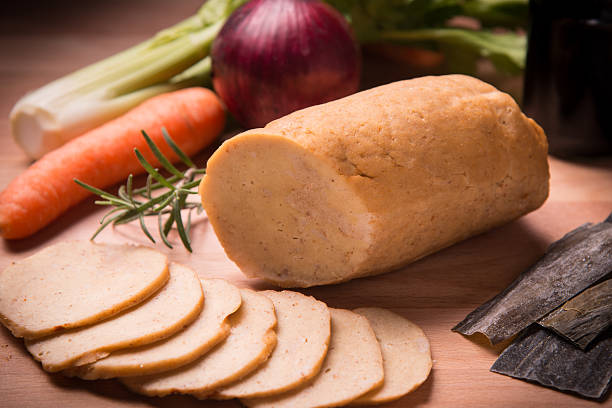
Tofu, Tempeh, and Edamame: Soybean Superstars
Soybeans take center stage in the world of plant-based protein, offering a trifecta of nutritious options: tofu, tempeh, and edamame. Tofu, with its soft and silky texture, serves as a canvas for a myriad of flavors, making it a staple in countless vegetarian and vegan dishes. Tempeh, on the other hand, boasts a firmer texture and nutty flavor profile, making it ideal for grilling, stir-frying, or crumbling into chili and tacos. Meanwhile, edamame, young soybeans in their pods, serve as a delightful snack or a vibrant addition to salads and stir-fries. Rich in protein, iron, and calcium, these soybean superstars are essential components of a well-rounded vegetarian diet.
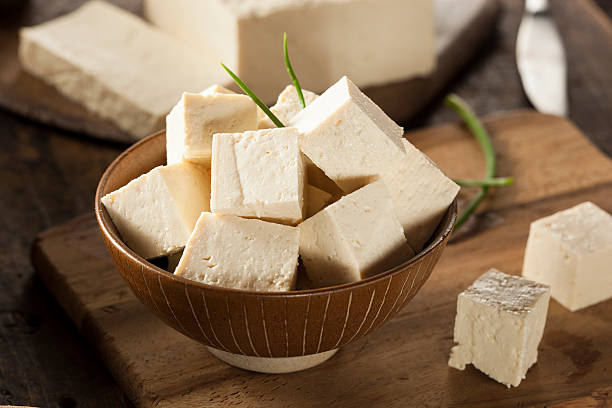
Lentils: The Versatile Legume
When it comes to versatility, lentils reign supreme in the realm of legumes. Whether you prefer red, green, or brown varieties, these tiny legumes pack a nutritional punch with each bite. With a robust flavor and hearty texture, lentils lend themselves well to soups, stews, salads, and curries, offering a substantial dose of protein along with fiber, folate, and other essential nutrients. Explore our collection of lentil-based recipes on WellHealthOrganic.com and discover creative ways to incorporate this powerhouse ingredient into your meal rotation.
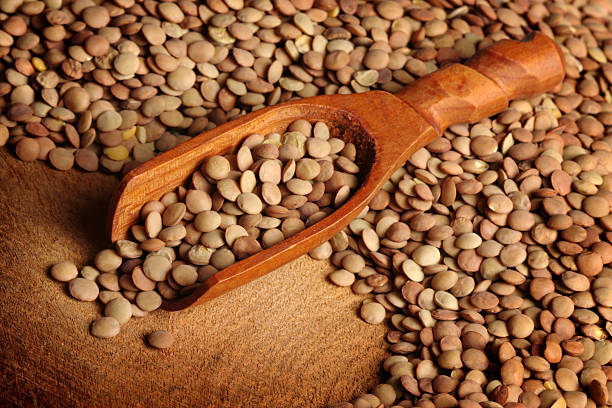
Beans: A Protein-Rich Pantry Staple
No vegetarian pantry is complete without an assortment of beans, and for good reason. Kidney beans, black beans, navy beans—each variety brings its own unique flavor and texture to the table, while offering a substantial source of plant-based protein. Whether you’re whipping up a batch of hearty chili, crafting veggie-packed salads, or molding flavorful bean burgers, beans serve as a versatile canvas for culinary creativity. Packed with protein, fiber, and an array of vitamins and minerals, beans are a must-have for anyone looking to nourish their body with wholesome, plant-based fare.
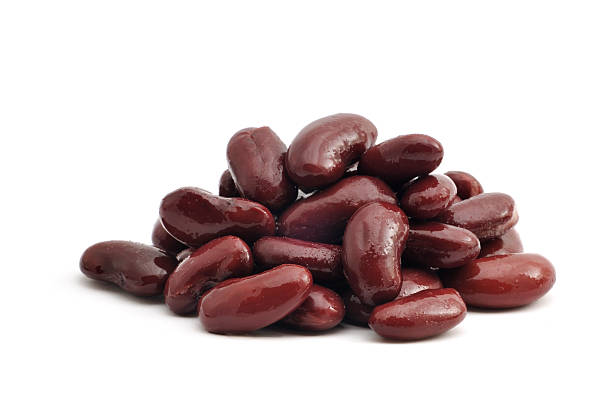
Chickpeas (Garbanzo Beans): The Mediterranean Marvel
Hailing from the Mediterranean region, chickpeas, also known as garbanzo beans, are a nutritional powerhouse beloved for their versatility and taste. Whether mashed into creamy hummus, crisped into golden falafel, or tossed into vibrant salads, chickpeas add a satisfying dose of protein, fiber, and flavor to any dish. Rich in folate, iron, and manganese, these legumes boast an impressive nutritional profile that supports overall health and well-being. Explore our collection of chickpea-centric recipes on WellHealthOrganic.com and elevate your culinary repertoire with the Mediterranean marvel that is chickpeas.
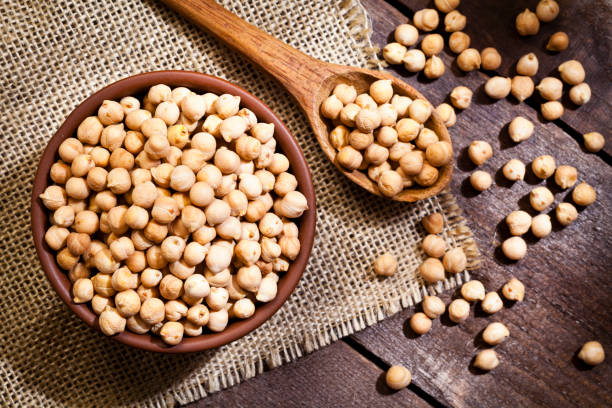
Quinoa: The Complete Protein
Quinoa, often hailed as a superfood, is a complete protein, meaning it contains all nine essential amino acids that the body cannot produce on its own. Native to the Andean region of South America, quinoa boasts a nutty flavor and delicate texture that pairs well with a variety of dishes. Whether served as a fluffy side dish, tossed into salads, or used as a base for hearty grain bowls, quinoa offers a nutrient-rich foundation for plant-based meals. Packed with protein, fiber, and essential nutrients like magnesium and iron, quinoa is a valuable addition to any vegetarian diet.

Nuts: Nature’s Nutrient-Dense Snack
In addition to being a convenient and satisfying snack, nuts are a nutrient-dense source of plant-based protein, healthy fats, and an array of vitamins and minerals. Almonds, peanuts, pistachios, cashews—each nut variety brings its own unique flavor profile and nutritional benefits to the table. Whether enjoyed on their own, sprinkled over salads, or blended into creamy nut butters, nuts are a versatile ingredient that adds texture, flavor, and nutritional value to a wide range of dishes. Explore our selection of nut-based recipes on WellHealthOrganic.com and harness the power of nuts to fuel your plant-based lifestyle.
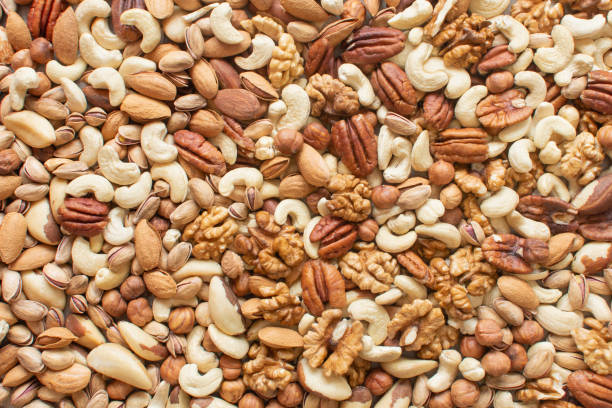
Hemp Seeds: The Omega-3 Powerhouse
Hemp seeds, derived from the hemp plant, are a nutritional powerhouse packed with protein, omega-3 fatty acids, and an array of essential nutrients. With a mild, nutty flavor and tender texture, hemp seeds make a delightful addition to smoothies, salads, yogurt bowls, and baked goods. Whether sprinkled over oatmeal, blended into creamy dressings, or incorporated into energy bars, hemp seeds offer a convenient and versatile way to boost the protein and nutrient content of your favorite dishes. Explore our collection of hemp seed recipes on WellHealthOrganic.com and discover the myriad ways to incorporate this nutrient-rich ingredient into your daily routine.

Chia Seeds: The Tiny Titans of Nutrition
Chia seeds may be small in size, but they pack a nutritional punch that belies their tiny stature. Rich in protein, fiber, omega-3 fatty acids, and an array of vitamins and minerals, chia seeds offer a host of health benefits in every spoonful. Whether soaked to form a gel-like pudding, sprinkled over yogurt or oatmeal, or incorporated into baked goods, chia seeds add texture, flavor, and nutritional value to a variety of dishes. Explore our collection of chia seed recipes on WellHealthOrganic.com and unlock the potential of these tiny titans of nutrition to support your health and wellness goals.
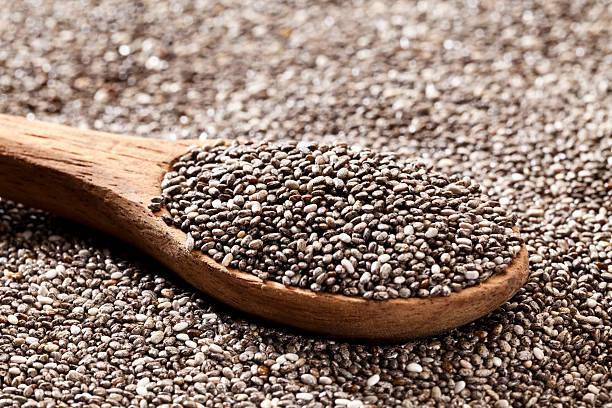
Nutritional Yeast: The Vegan Cheesemaker’s Secret
Nutritional yeast, affectionately known as “nooch” in the vegan community, is a flavorful and versatile ingredient that adds a cheesy, umami-rich taste to a wide range of dishes. Derived from deactivated yeast strains, nutritional yeast is a staple in vegan kitchens for its ability to mimic the taste of cheese without the dairy. Packed with protein, B vitamins, and minerals like zinc and selenium, nutritional yeast offers both nutritional value and culinary flair to plant-based meals. Whether sprinkled over popcorn, stirred into sauces, or dusted over pasta dishes, nutritional yeast adds depth of flavor and a nutritional boost to your
favorite recipes.
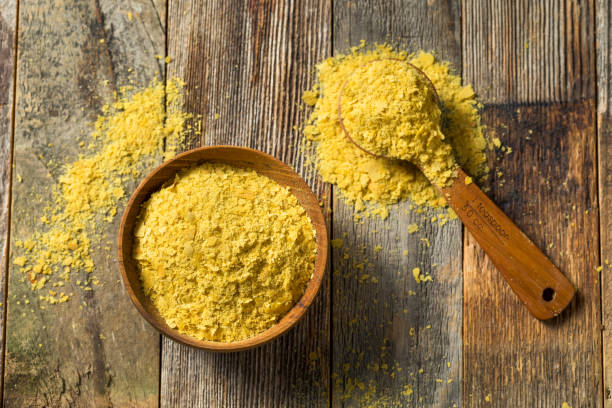
Crafting a Well-Planned Vegetarian Diet
As you embark on your journey of exploring vegetarian protein sources, it’s essential to craft a well-planned diet that meets your nutritional needs. While plant-based foods offer a plethora of protein options, it’s important to ensure you’re consuming a diverse array of foods to obtain all essential amino acids, vitamins, and minerals. Incorporating a variety of protein sources, along with ample fruits, vegetables, whole grains, and healthy fats, can help ensure you’re meeting your nutritional requirements and supporting your overall health and well-being.
Read also: Unveiling the allmovieshub Ultimate Entertainment Destination
Consulting with a Healthcare Professional
If you have any concerns or questions about transitioning to a vegetarian diet or ensuring you’re meeting your nutritional needs, consider consulting with a healthcare professional or registered dietitian. They can offer personalized guidance and support to help you navigate the nuances of vegetarian nutrition and tailor a diet plan that aligns with your individual health goals and preferences.
Conclusion
The world of vegetarian protein sources is vast and varied, offering a bounty of nutritious options to support your health and well-being. Whether you’re drawn to the meaty texture of seitan, the versatility of tofu and tempeh, or the nutrient-rich goodness of lentils, beans, and grains, there’s something for everyone on the plant-based protein spectrum. With the abundance of delicious and wholesome options available at WellHealthOrganic.com, you can embark on your vegetarian journey with confidence, knowing that you have the tools and resources to thrive on a plant-powered diet.




